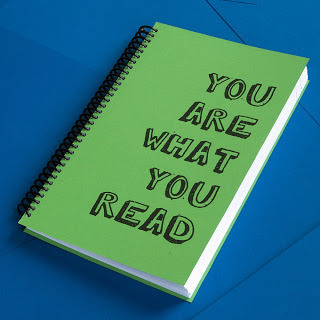Tips for Writers: Read

You are what you read. When I started my MFA program,someone offered this bit of advice: "Read good stuff." If you want to be agreat writer, read great writers. The expectation is that experiencing goodwork on the page will help as you try to generate your own work. You'll see howsentences are formed, how language can be used, what craft techniques areeffective, etc. And if you're reading modern greats, you'll also see whatcritics and readers are responding to these days, what publishers are buying,and what's already been done.
A corollary to this advice is "Don't read bad stuff," and Ithink it's equally valuable. I think the problem with bad writing, for abeginning or emerging writer, is that it gives you the wrong impression. DanBrown isn't successful because he writes great sentences, for example, andanyone who tries to imitate his writing is doomed. Read Brown for plot, maybe.Likewise for Grisham and some others. But try to ignore the writing while you'redoing it.
But I suppose there's another corollary: "Read what you wantto write." Not that anyone intentionally wants to write bad stuff, but if youwant to write fantasy, you should read fantasy. If you want to write thrillers,read thrillers. The reason I write mostly literary fiction is because I readmostly literary fiction. I sometimes worry that taking my reading across genreswill be bad for my writing. And it might be, if I'm not careful.
More than ever, lately everything I read feels likesomething I can learn from. I just finished Alice Hoffman's The Probable Future (an audiobook,listening in the car), and while her style is definitely not something I'llimitate (a bit flowery for me), and I rarely use an omniscient voice, I didfeel that she drilled pretty deep into her character's feelings, and that'ssomething I could do better. I also recently read Ellen Meister's The Other Life, and I was payingattention to point of view there, as well.
But there's another aspect of learning, and that'sunderstanding the market. I'm reading the latest issue of Mid-American Review. I know the editors there and I've submitted afew times, but I've never had anything accepted. I've read the magazine before,I think this time I finally understand why my stuff hasn't worked there. But itreinforces the notion for me that if you're going to submit to a magazine, readthat magazine first to get a sense of what they're looking for. It's key.
By the way, you can order a copy of the blank journal onEtsy, which is where I found the picture: YouAre What You Read Journal.
Published on January 06, 2012 10:21
No comments have been added yet.



